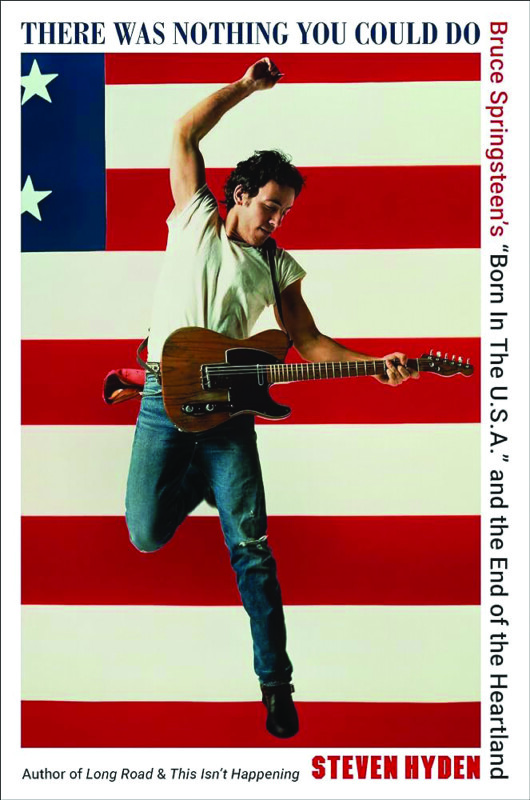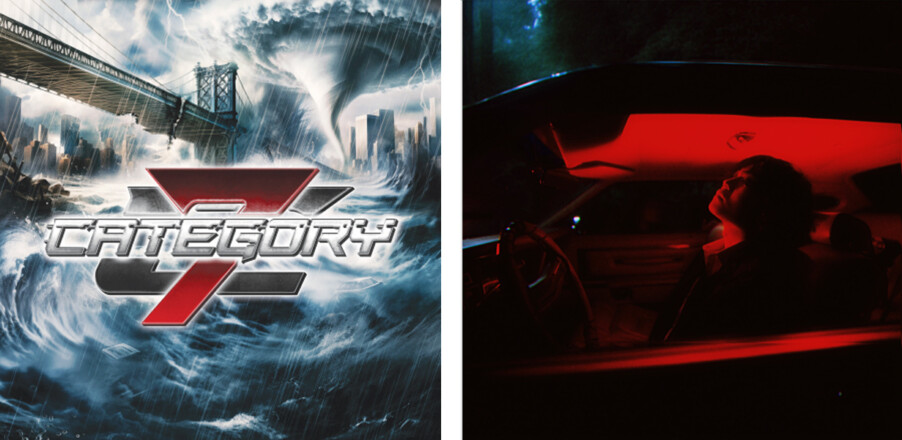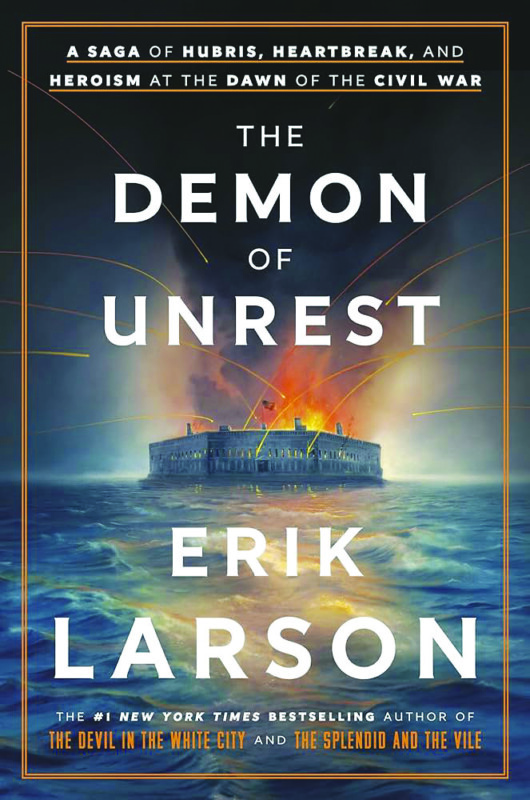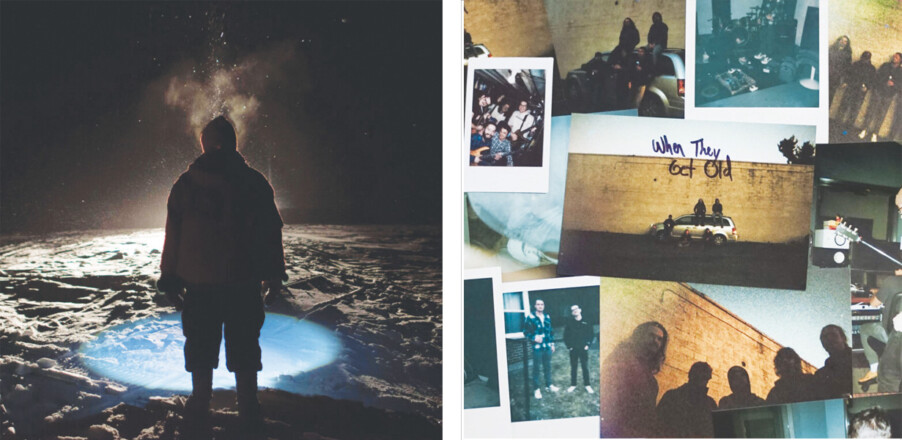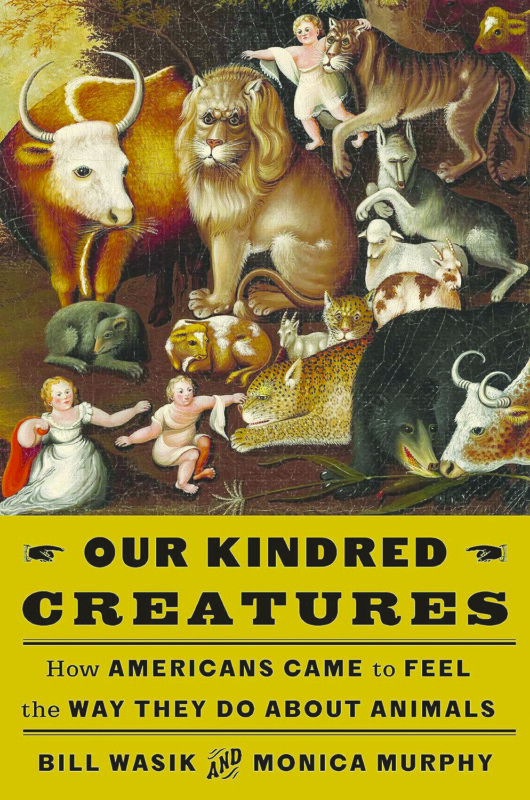There Was Nothing You Could Do, by Steven Hyden (Hatchett, 272 pages)
When Steven Hyden was 6 years old, he found a cassette tape in the glove box of his parents’ car and asked his dad to play it. When the sound came through, after precisely nine seconds of silence, it was “my personal ‘big bang’ moment,” Hyden writes. “All these years later, I am still chasing the rush of hearing that titanic BOOM! in my father’s car.”
The artist was Bruce Springsteen; the album Born in The U.S.A., issued 40 years ago this year.
There Was Nothing You Could Do is Hyden’s exegesis of Springsteen’s impact — in Hyden’s own life and in the country, focusing on Springsteen’s best-selling album, released in 1984. The title is a line from the song “My Hometown,” the last single released from “Born in the U.S.A.” The subtitle references “the end of the heartland.” But don’t be scared off by that. While there is some politically tinged commentary, as has always accompanied Springsteen’s work, it’s mostly a book about music.
First and foremost, Hyden is a fan, although his fandom had an inauspicious beginning, coming as it did in childhood. Kids loved Born in the U.S.A. “for the dumbest possible reason — because we heard the songs constantly. That’s all it takes to appeal to little kids,” he writes. “Kids my age weren’t brainwashed, exactly. We were Boss-washed.”
It wasn’t as if that’s all he listened to, however; Hyden’s examination of the Boss-washing of America detours into other culturally significant pop musicians: Michael Jackson, Prince and Madonna (all of whom comprise “the big four” of the 1980s); as well as Elvis Presley and Bob Dylan. Springsteen, he writes, was something of a combination of the latter two: “… he could move like Elvis and write like Dylan. The pelvis and the brain had been fused into one.”
A critic for the entertainment website Uproxx and the author of previous books on music (Twilight of the Gods and Your Favorite Band is Killing Me), Hyden brings encyclopedic knowledge to the topic, and as such, There Was Nothing You Could Do sometimes reads like an encyclopedia, as when he lists the various iterations of songs that were proposed for Born in the U.S.A. when the album was under development. Herein he runs into a problem: For the Springsteen fanatic — and they are legion — much of this material might induce a yawn.
There’s a lot of material that seems better fit for a blog, such as digressions into the author’s fantasies: what would have happened, say, if Springsteen had drifted from the lane of heartland rock to straight-up country music, or had put out another album in 1985 when Springsteen mania was at its peak. (He even proposes a playlist for this.) And Gen Z might raise a collective eyebrow to Hyden pronouncing Springsteen more of a “national monument than a pop star” at the age of 75. For all of their success, Bruce Springsteen and the E Street Band never had a No. 1 hit.
Still, despite some vaguely silly asides, Hyden does a good job of explaining the Springsteen phenomenon as he delves into stories that relate specifically to Born in the U.S.A., such as how the “Dancing in the Dark” music video was made, and how it was received.
The video, directed by filmmaker Brian De Palma, shows Springstreen awkwardly dancing at a concert with Friends actress Courteney Cox (relatively unknown at the time). It “undeniably made him more famous in the short run, and it unquestionably made him easier to make fun of in the long run,” Hyden writes. The video has become a popular GIF and “personifies everything that is corny about Bruce Springstreen and almost nothing that is cool about him.”
But it could have been worse, Hyden reveals. In another video that was made and ultimately abandoned, Springsteen “looks like a mime attending a Jazzercise class,” he writes.
Hyden is at his best when he strings together snapshots from Springsteen’s life, from his troubled relationship to his father to the existential struggles that inform so many of his lyrics, and connects them to the singer’s appeal. “If you want to see the emotionally repressed man in your life cry — a stoic father, an unflappable granddad, a weird uncle, an immature brother — send him to a Bruce Springsteen concert,” Hyden writes.
Toward the end, he examines the controversy that erupted from the Super Bowl Jeep commercial that angered both conservatives and liberals in 2021. It was indicative of America’s deep political divide that a commercial inviting Americans to “meet here in the middle” irritated so many people. “‘The Middle’ was designed to please exactly no one,” Hyden writes. “In that way, Bruce did manage to unite red and blue America, ironically, their condemnation of him.”
Hyden did not interview the Boss for this book, although he’s been within 50 feet of him, at a concert where he obtained special press seating. His reporting comes from previously published articles, Springsteen’s autobiography and other books. and so much of this information is already out in the world; this is just an artful rearrangement of music history. For the casual fan, the minutiae might be too much. But Hyden is a skilled wordsmith, and There Was Nothing You Could Do is a surprisingly breezy read, despite the ominous title. It’s a sort of love letter we all might write to our favorite pop star if we had the time and skill. B-

